
MākuSafe® Blog
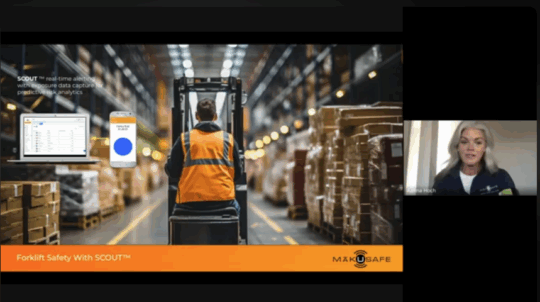
Scout Forklift Safety On-Demand Webinar
The MākuSafe Team briefly discusses our Scout Forklift Safety Capability, using MākuSafe’s Ally Wearable Technology. What it does, how it works, and how clients are using it to realize significant impact in their health and safety programs! Length: 13 Minutes For more visit https://makusafe.com/forklift-safety-makusafe-scout/

Moving Beyond Activity Counts: Better Leading Indicators with MākuSafe
Young safety manager in hardhat discussing stronger safety KPI’s and measurement with his team at working meeting Why It’s Time to Rethink Safety KPIs For years, safety professionals have worked to identify the right leading indicators – measures that provide early warning of risk and reflect the health of a
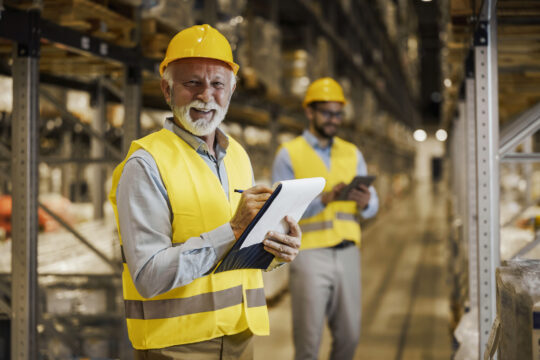
Simplifying Safety Certification with MākuSafe: Real-Time Tools for Ongoing Compliance
Achieving and maintaining leading safety certifications like OSHA VPP, ANSI/ASSP Z10, or ISO 45001 can be a heavy lift for safety leaders. These programs demand clear documentation of hazard identification, worker involvement, management commitment, and continuous improvement — but traditional approaches often fall short in delivering timely, actionable data. That’s
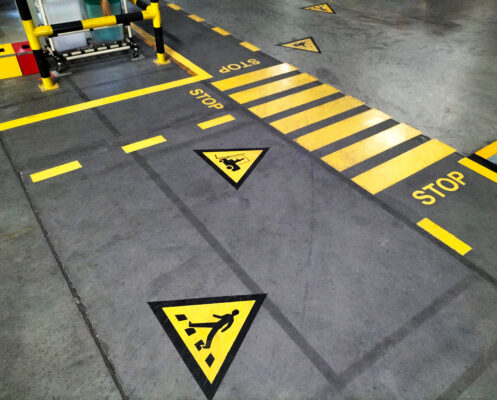
Top 10 Questions About Forklift and Warehouse Safety — MākuSafe® Scout™
If you’re searching for ways to improve forklift safety and protect warehouse workers from common hazards, you’re not alone. Every year, thousands of incidents involving powered industrial trucks (PITs) result in serious injuries, downtime, and costly claims. Below, we answer the most common forklift and warehouse safety questions — and

Selling Safety Tech Upward: A Field Guide for Gaining Executive Buy-In
In today’s industrial landscape, safety leaders are under growing pressure to do more than just keep people safe. They’re expected to influence business outcomes, reduce incidents, and drive cultural transformation—all without always having the authority, tools, or budget to act decisively. One of the toughest hurdles? Securing leadership buy-in for

Rethinking Forklift Safety: Practical Solutions Over Costly Overhauls
Forklift safety is a pressing concern in industrial workplaces, with federal statistics showing that each year around 7,500 workers are injured in forklift-related collisions, tip-overs, and other mishaps, while nearly 100 lives are lost. The industry is grappling with how to reduce these incidents, but the most commonly proposed solutions—stopping
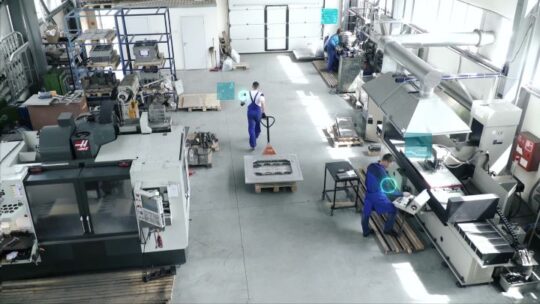
Introducing SiteLink™ – Real-Time Safety Data Without Wi-Fi
In fast-paced industrial environments, safety depends on real-time insights. But what happens when a facility lacks Wi-Fi, or when IT policies restrict external devices from joining the network? Connectivity challenges should never stand in the way of worker protection—that’s why MākuSafe developed SiteLink™. What is SiteLink™? SiteLink™ is a breakthrough
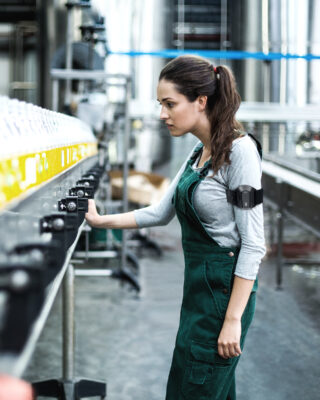
Optimizing Workforce Efficiency with MākuSafe Interact™ in Smart Factories
In today’s fast-paced and highly competitive manufacturing environment, organizations must strike a delicate balance between labor costs and productivity. Many facilities struggle with workforce allocation, often overstaffing or underutilizing key areas due to a lack of real-time visibility into worker presence and job functions. MākuSafe Interact™ is designed to solve
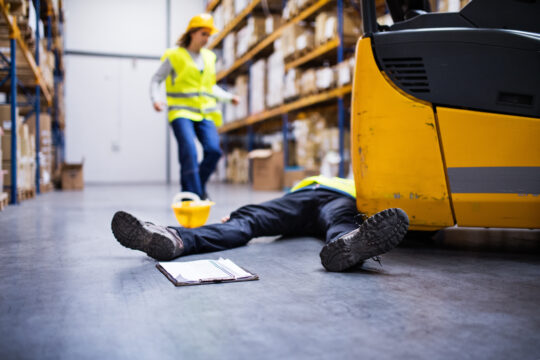
Forklift Safety: A Smarter, More Practical Approach
Each year, approximately 7,500 workers suffer injuries in forklift-related incidents, with nearly 100 fatalities reported, according to federal statistics. While safety is a top priority, businesses cannot afford to sacrifice productivity. The right solutions must improve safety without impeding operations. The Challenge of Forklift Safety Many assume that stopping or
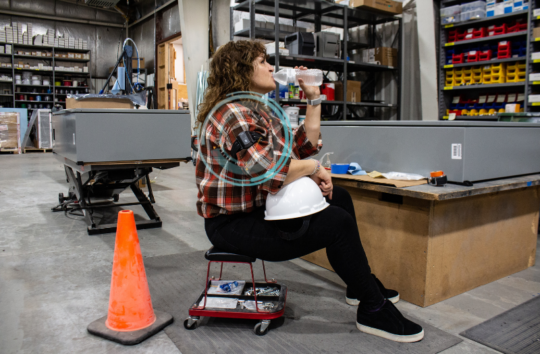
Combating Heat Exposure in Labor Workers: The Role of Wearable Technology
Combating worker heat exposure As summer temperatures rise, so does the risk of heat-related illnesses and injuries among outdoor trades, industrial, and indoor workers. From construction sites to manufacturing plants, workers are exposed to extreme heat, which can lead to serious health problems. According to the Occupational Safety and Health
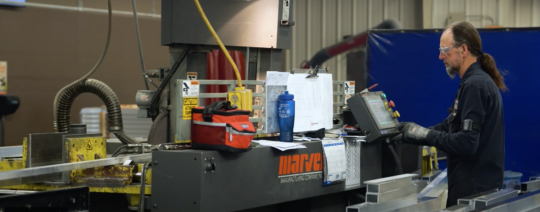
LifeLine Emergency Vehicles shares experience with MākuSafe wearable safety tech
Life Line Emergency Vehicles, a 100% employee-owned manufacturer of custom ambulances in Sumner, Iowa, prioritizes employee safety and well-being. Introduced to MākuSafe through CIRAS, Iowa State University’s Center for Industrial Research and Service, Life Line sought to address both known safety concerns and unidentified hazards across their
Catch the Latest MākuSafe News
Missed our summer newsletter? No worries, you can sign-up to get MākuSafe news directly to your inbox here. ASSP Safety24 in Denver, CO Meet MākuSafe at booth #1761, and catch Tom’s presentation above. Also Aanna Hoch will deliver a flash session presentation: Data-Driven Results – Cases for


